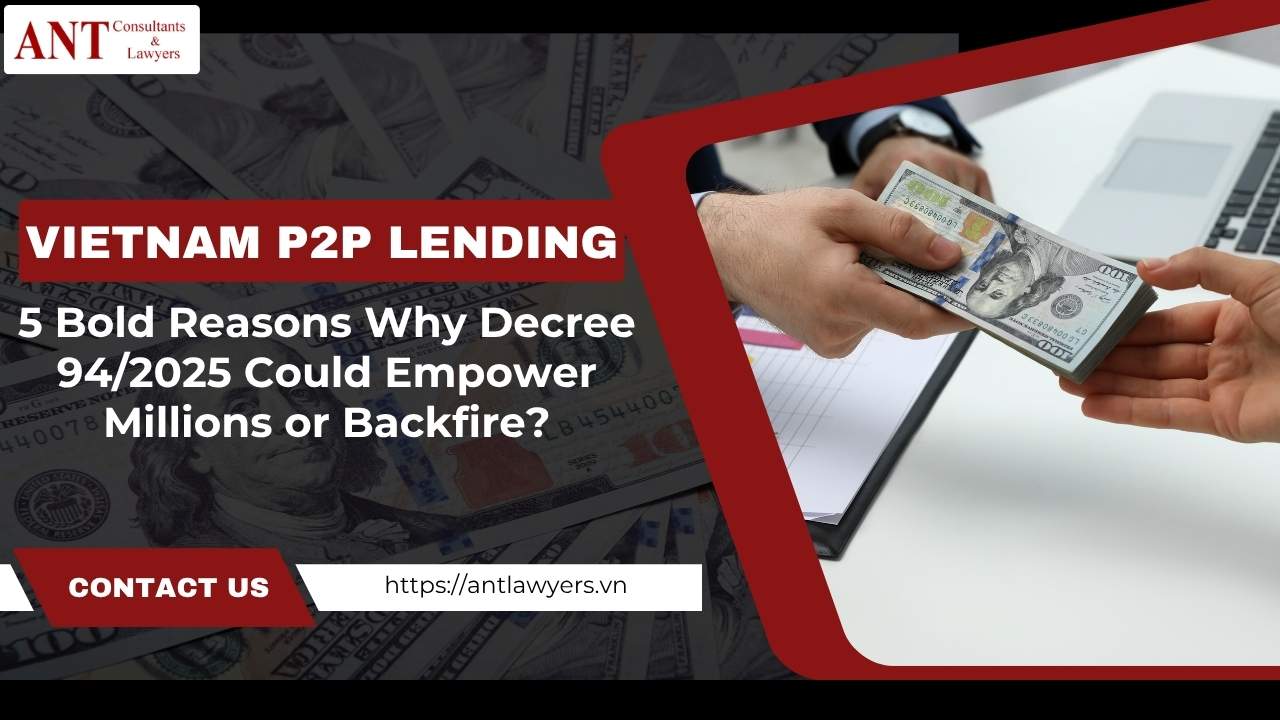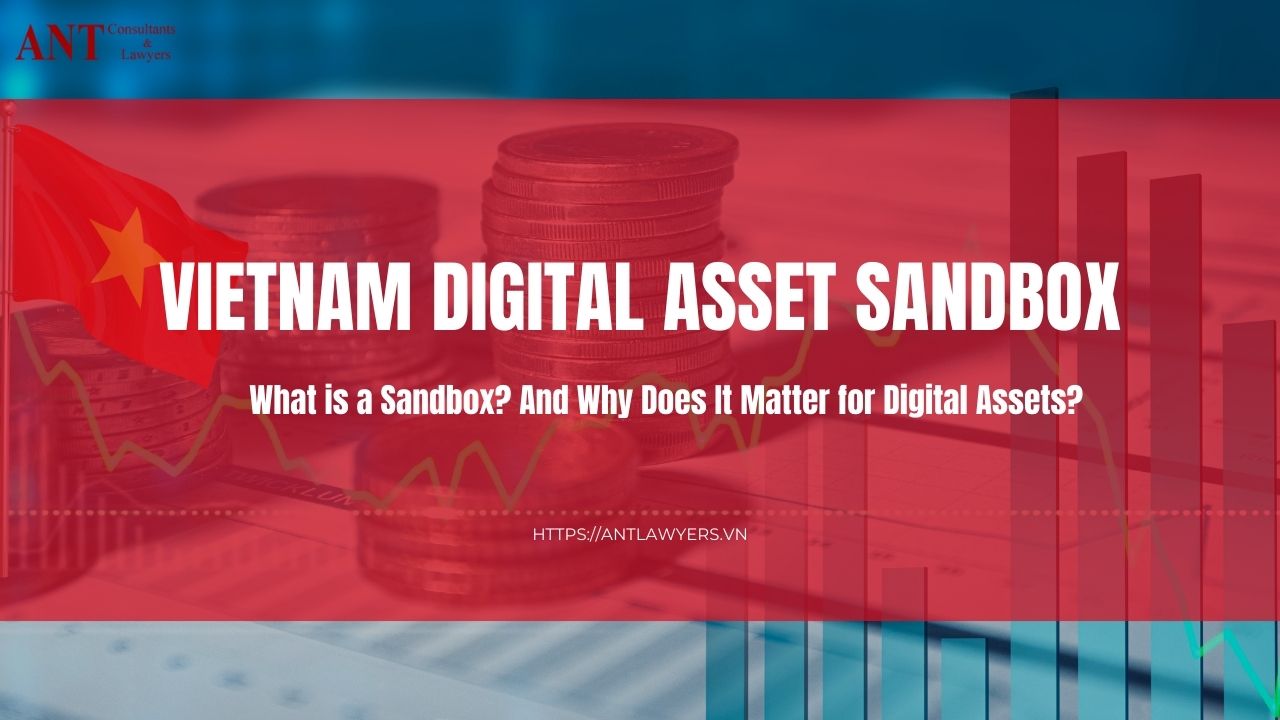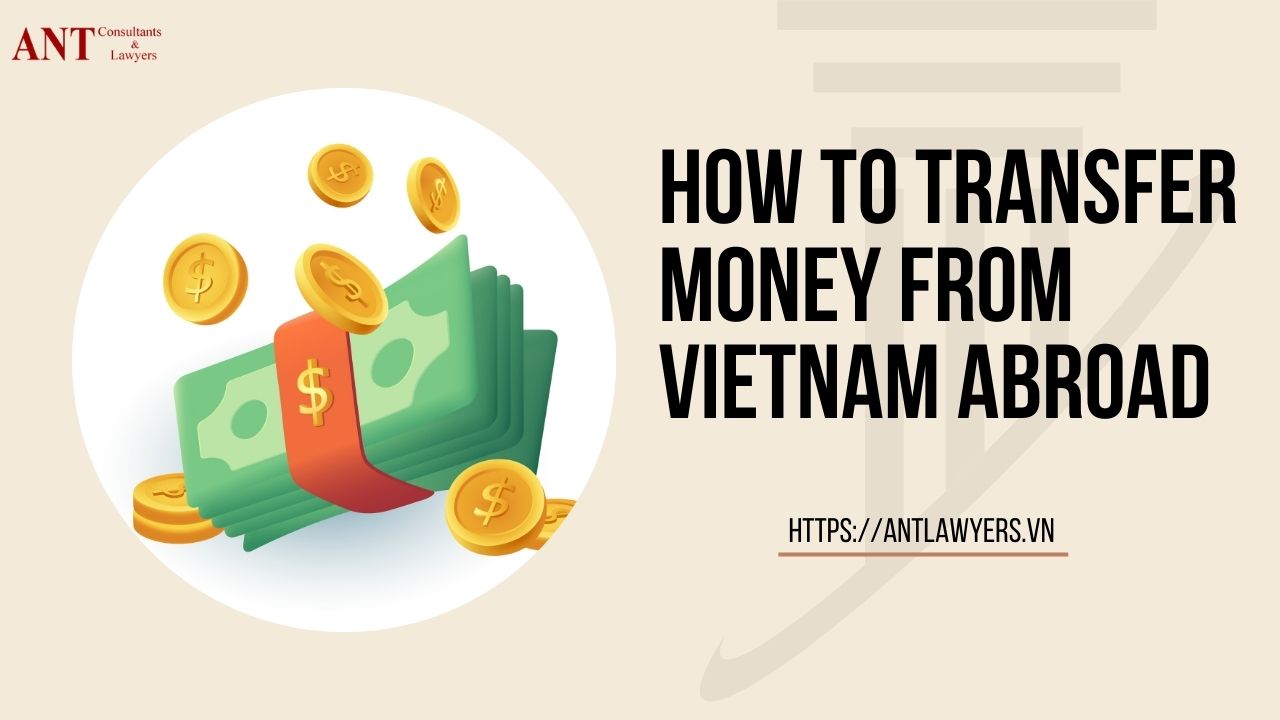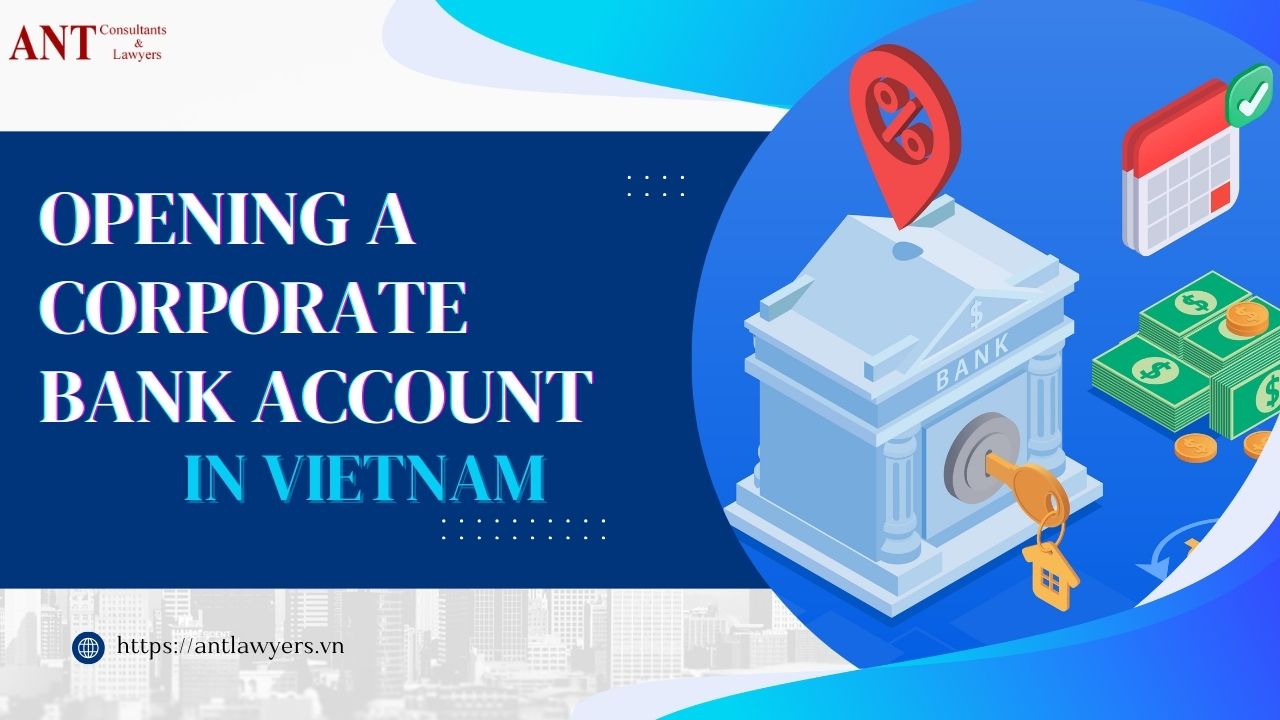A New Financial Chapter Begins in Vietnam
One person lends. Another borrows. It’s that simple.
No banks. No long lines. No intimidating paperwork. Just people lending people, through a screen, across the country, in real time.
This is the promise behind Vietnam P2P lending.
And now, Vietnam’s government decided to give this new kind of lending a chance officially after the gray market has been around for some time.
Through Decree 94/2025/ND-CP, Vietnam approved a two year trial program for peer-to-peer lending platforms.
Starting July 1, 2025 licensed fintech companies will be allowed to operate in a legal “sandbox”, a space to test and grow under supervision.
Why now? Because the world is changing, and so is Vietnam. Many still struggle to access credit through banks. But mobile phones are everywhere. So is the desire to build, borrow, and grow.
But it’s not just about access. It’s about control, fairness, and trust. Vietnam P2P lending has already been growing quietly. This new step brings it into the open, with guidance and rules.
In here, we explore five reasons behind this bold move: the rise of fintech, the need for transparency, the importance of regulation, the push for inclusion, and the role of global influence. Along the way, we’ll see how Vietnam is shaping its own path toward safer, smarter finance.

Supporting Fintech Growth in Vietnam with Rules
The digital world is moving fast, and Vietnam is part of that movement.
Across the country, people are using apps for everything, from shopping to paying bills. Finance is no exception. New platforms are popping up that offer loans in minutes, without needing to walk into a bank.
This is where Vietnam P2P lending comes in. It allows individuals to lend money to each other through online platforms. Borrowers apply through an app. Lenders review the request and transfer funds. All of it happens online.
These platforms often serve people that traditional banks overlook—small business owners, workers, or anyone without a formal credit history. With technology, decisions can be based on behavior, not just bank statements.
But for a long time, this activity wasn’t clearly allowed. Platforms operated quietly, unsure if they were stepping over a legal line. At the same time, users didn’t always know if they could trust the process.
By creating a sandbox, the government is encouraging this innovation, but with limits. Only approved companies can join. They must show that they can protect users and manage risk.
This gives the fintech sector room to grow, while giving the public a safer way to access it. It shows that Vietnam is ready to support new ideas responsibly.
Bringing Transparency to an Unclear Market
For years, Vietnam P2P lending platforms operated with little oversight. Some charged unclear fees. Others used aggressive methods to collect money. Many didn’t fully explain the risks to users.
This led to confusion, and sometimes harm.
The government couldn’t monitor the activity, because there were no specific rules. And when problems arose, people didn’t know where to turn. It became hard to tell the difference between real services and scams.
With Decree 94/2025, this changes.
Now, only licensed platforms can operate in the sandbox. They must report their activities. They must explain their terms clearly. They must protect user information.
This step toward transparency builds trust. When people understand how things work, they’re more willing to use them. And when companies follow the same rules, fair competition grows.
Transparency also means fewer surprises. Borrowers know what they’ll pay. Lenders know what they’re taking on. And everyone knows who’s responsible when something goes wrong.
By bringing P2P lending into the open, Vietnam is protecting its people—while still giving space for creativity and growth.
Catching Up with Reality: From Loopholes to Law
Until now, Vietnam P2P lending was treated as a private agreement between individuals. There was no separate law or category for this kind of activity. It existed somewhere between finance and technology, seen, but not defined.
This created problems. Without a proper legal framework, bad actors could take advantage of the system. Interest rates ran wild. Contracts were unclear. And when disputes happened, it was hard to find a fair solution.
That’s why Decree 94/2025 matters. It doesn’t solve every issue. But it’s a start.
The sandbox gives the government a chance to test real models in real time. It allows the State Bank of Vietnam to see what works, what doesn’t, and where more rules are needed. It also gives companies a clear path to follow, and a chance to prove themselves.
This is not about punishment. It’s about responsibility.
By catching up with what’s already happening, Vietnam can shape P2P lending into something stronger and safer. Something that reflects the needs of both lenders and borrowers.
Other countries have faced similar challenges. Some regulated too late and saw their markets collapse. Vietnam is taking a more careful path, moving forward, but with its eyes open.
Making Credit in Vietnam More Accessible
In many parts of Vietnam, getting a loan is still difficult.
Traditional banks have strict requirements. They ask for long histories, official jobs, and formal assets. Many people, especially freelancers, young workers, or those in rural areas don’t meet those standards.
Vietnam P2P lending offers another way. It allows individuals to support each other. One person can lend a small amount. Another can borrow to buy tools, pay tuition, or start a project. Over time, these connections grow.
This kind of lending is often faster, simpler, and more personal than going through a bank. And for borrowers, it can feel more fair. They’re judged by their actions, not their background.
For lenders, it’s also a way to earn money. Instead of saving in a bank, they can invest in real people and real goals.
But inclusion is only valuable if it’s safe. That’s why the sandbox matters. It ensures that only approved companies can operate. It sets limits. It creates space for growth, but also guardrails.
By making Vietnam P2P lending more accessible and more protected, the government is helping expand opportunities for people who’ve often been left out.
Building Vietnam’s Own Path
Around the world, countries are experimenting with P2P lending. Some have created big markets. Others have faced serious setbacks. Vietnam has been watching, and learning.
What makes Vietnam’s approach different is its balance. It’s not rushing into a fully open market. It’s not banning new tools, either. It’s choosing a path of careful testing.
Only a few companies will join the sandbox. They must follow strict rules. They must report their data. They must show that they can serve people well.
It allows Vietnam to create its own model, one that fits local needs, values, and strengths. It supports local businesses. It protects users. And it gives the government real information before making permanent laws.
Over time, this could become a strong foundation for financial technology in Vietnam. It could open the door to more tools, better services, and smarter rules.
Vietnam P2P lending is part of a bigger picture. It’s one piece in a new kind of economy, one that’s digital, inclusive, and resilient.
Small Steps with Big Meaning
Vietnam is not following trends. It’s setting its own pace.
With Decree 94/2025, the country is not just allowing Vietnam P2P lending. It’s guiding it. Supporting it. Watching it closely.
This is a thoughtful, careful step into a changing world. One that recognizes the needs of ordinary people. One that values both freedom and protection.
Vietnam P2P lending is still young. Mistakes may happen. But the direction is promising.
By focusing on safety, fairness, and inclusion, Vietnam is showing that financial innovation doesn’t have to come at the cost of public trust.
About ANT Lawyers, a Law Firm in Vietnam
We help clients overcome cultural barriers and achieve their strategic and financial outcomes, while ensuring the best interest rate protection, risk mitigation and regulatory compliance. ANT lawyers has lawyers in Ho Chi Minh city, Hanoi, and Danang, and will help customers in doing business in Vietnam.
How ANT Lawyers Could Help Your Business?
You could reach ANT Lawyers in Vietnam for advice via email ant@antlawyers.vn or call our office at (+84) 24 730 86 529




